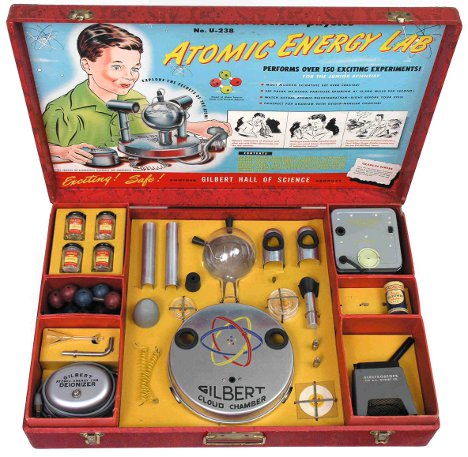- Messages
- 29,408
- Name
- Marcel
- Edit My Images
- Yes
I'm after something decent. He came home from school the other day, having used pocket microscopes at school.
He's also getting quite interested in science and how things work, so I want to get him something in this vein for christmas.
I don't want a cheap toy kit that lasts for 2 minutes with some fart goo in it. I want something fun that will make him go "Whoah, that's awesome".
I was also thinking of getting him a half decent microscope (Not a pocket one, but nothing fancy).
Any ideas? I want to encourage the love of science
He's also getting quite interested in science and how things work, so I want to get him something in this vein for christmas.
I don't want a cheap toy kit that lasts for 2 minutes with some fart goo in it. I want something fun that will make him go "Whoah, that's awesome".
I was also thinking of getting him a half decent microscope (Not a pocket one, but nothing fancy).
Any ideas? I want to encourage the love of science



 I said yes, that's actually a really good idea!
I said yes, that's actually a really good idea!